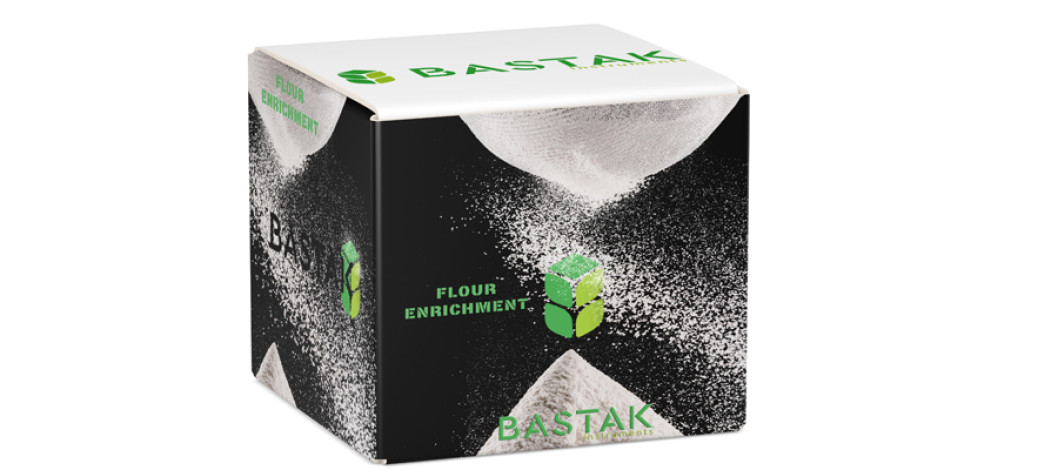
Although the enrichment of foods dates back to ancient times, the principles governing this practice were established through regulations in 1987. This regulation outlines three different purposes for the addition of nutrient elements to foods. The first, known as "Restoration," involves replacing lost nutrients during processing, storage, and transportation. The second, termed "Standardization," refers to adding missing nutrient elements to products similar to some traditional foods. The third is "Fortification," involving the addition of deficient nutrient elements to foods in cases of mandatory nutrient deficiencies.
Fortification practices are regulated by the Food and Drug Administration (FDA) in the United States. The FDA's fortification policy permits the addition of only "mandatory" nutrient elements. Additionally, the added nutrient quantity must not exceed the approved nutrient supplement level or exceed the Generally Recognized as Safe (GRAS) level.
Globally, over two billion people suffer from micronutrient deficiencies!
Contemporary issues related to healthy nutrition, a fundamental human right, include various problems. Among these, micronutrient deficiencies and inadequate nutrition issues such as stunting, dwarfism, and weakness are widespread worldwide. Micronutrient deficiencies represent a global public health problem, indicating the absence of essential micronutrients in the body. The most common micronutrient deficiencies include iron, folate, vitamin A, zinc, and iodine deficiencies. These deficiencies can lead to slowed growth and cognitive development, decreased intelligence, perinatal complications, and increased morbidity and mortality. Women of reproductive age and children under five are more affected by micronutrient deficiencies due to their higher micronutrient needs.
The fact that more than two billion people globally experience micronutrient deficiencies highlights a significant and attention-worthy public health problem and food fortification is seen as a crucial intervention.
Food fortification can be rapidly implemented, with its benefits quickly realized; it is also a safe and cost-effective method for communities at risk of micronutrient deficiencies. The fortification of staple foods can make a significant contribution to combating hidden hunger globally, addressing the issue of nutrient-poor diets.
Adding Value to Flour in the Fight Against Micronutrient Deficiencies!
Turkey, the genetic center of Anatolia, has been home to the world's first settlement, Göbeklitepe, near Urfa, for 12,000 years. As the world's largest flour exporter since 2025 with a 21.1% share among 150 countries, Turkey plays a significant role in the distribution of enriched flour and combating global malnutrition. Modern humans' first source of nutrition, flour, is produced through the milling process of grains. Wheat and flour production, the most crucial activity in the country's economy related to agriculture and food sectors, carries substantial importance in terms of production, labor force, environmental impact, sustainability, and socioeconomic aspects.
Wheat and corn, in their natural state, may lose a significant portion of essential vitamins and minerals during milling processes. Therefore, adding some of these micronutrients back to the milled flour is referred to as flour fortification. The added nutrients include:
Iron: Vitamins and minerals used in fortification are vital to prevent health disorders associated with nutrient deficiency, such as anemia (iron deficiency), affecting approximately 2 billion people globally.
Zinc: Zinc is essential for supporting the immune system and cellular functions. Fortifying flour can reduce the risk of zinc deficiency. Enriching 100g of grain with 20 ppm of zinc can provide children with 20% of their daily zinc requirements.
Folic Acid: Particularly important during pregnancy, folic acid added through flour fortification can reduce the risk of neural tube defects.
B Vitamins (Thiamine, Riboflavin, and Niacin): B vitamins are crucial for energy metabolism and nervous system health. Fortification aims to prevent deficiencies in these vitamins. Especially, fortifying flour with B vitamins protects against neurological damage. In some countries, flour fortification may also include other nutrients such as Vitamin A, Calcium, and B12. These additions aim to support general health and prevent nutritional deficiencies.
As Bastak Instruments, We Elevate Nutrition Standards!
Bastak Instruments, the first and only accredited laboratory in the country approved by the Ministry of Industry and Technology, serves with its 90 specialized branches and more than 265 expert personnel in its 5-star research and innovation center. With our state-approved Additive Production License, Ministry of Agriculture and Forestry Operation Registration Certificate, and Ministry of Health Production Permit Certificate, we provide flour fortification solutions worldwide, adding health and flavor, and tirelessly working for the health of future generations!
-By Rabia Tiryaki, MSc Food Engineer / İş Geliştirme Müh.editor@bastak.com, +90 544 395 67 39. Dağyaka mah. 2008. cad. No/12. Kahramankazan ANKARA Turkey 06980
Comment Now